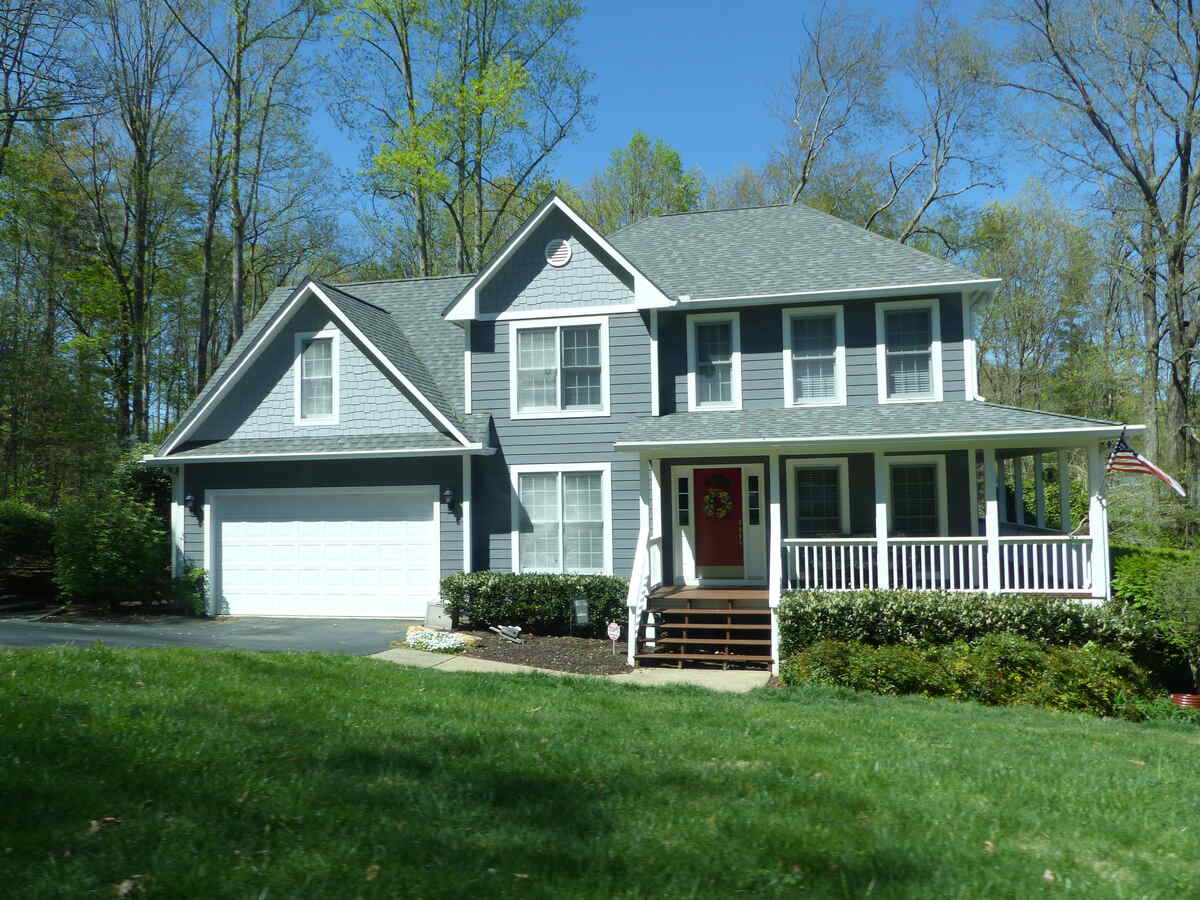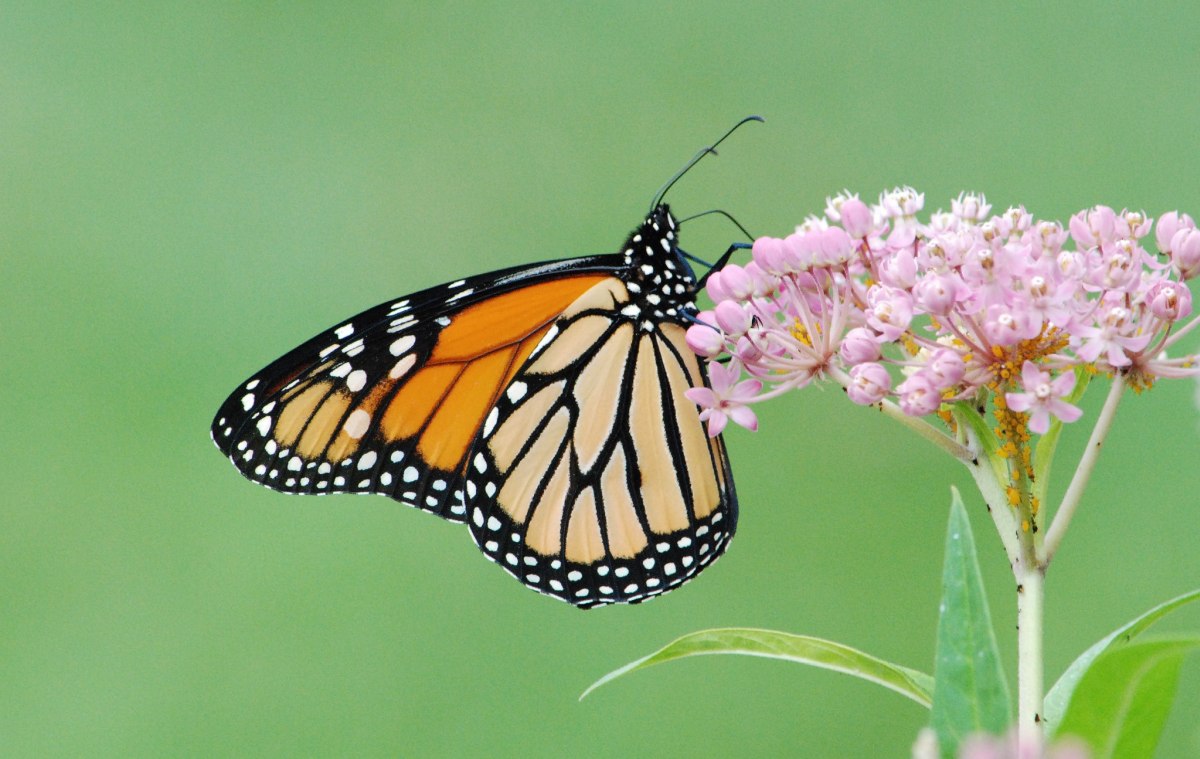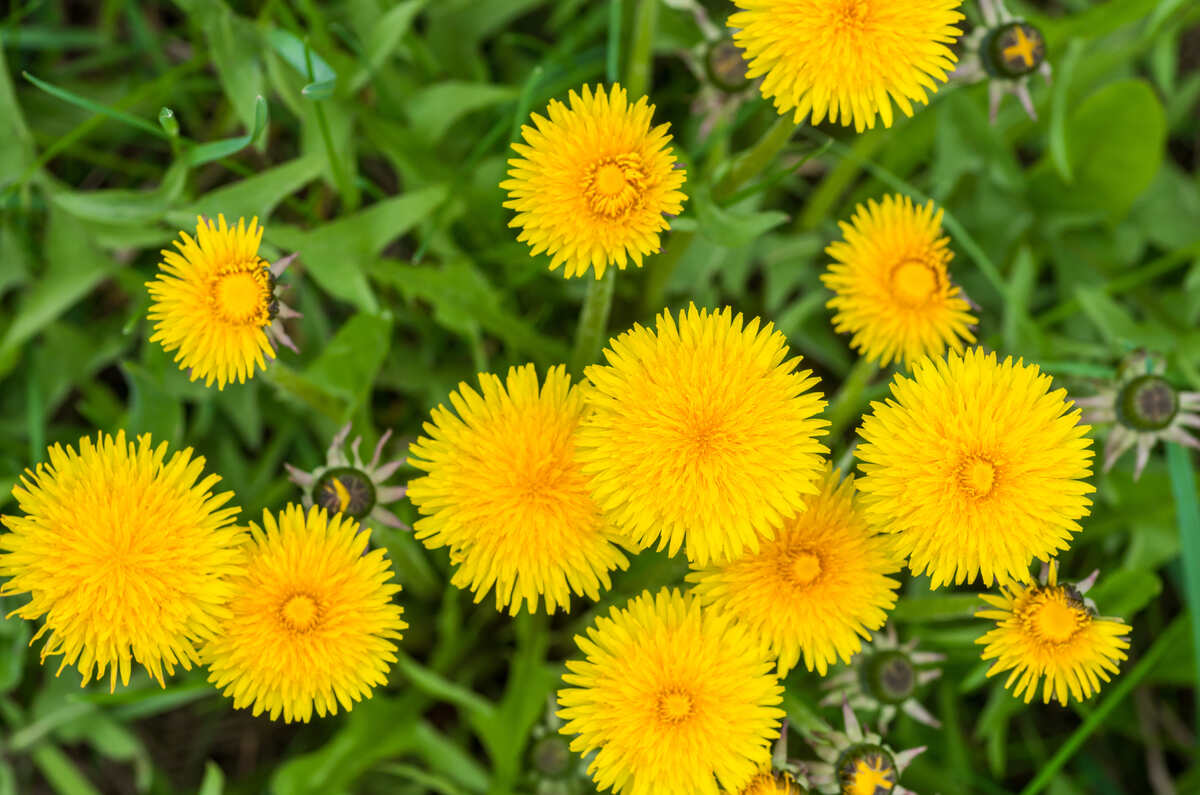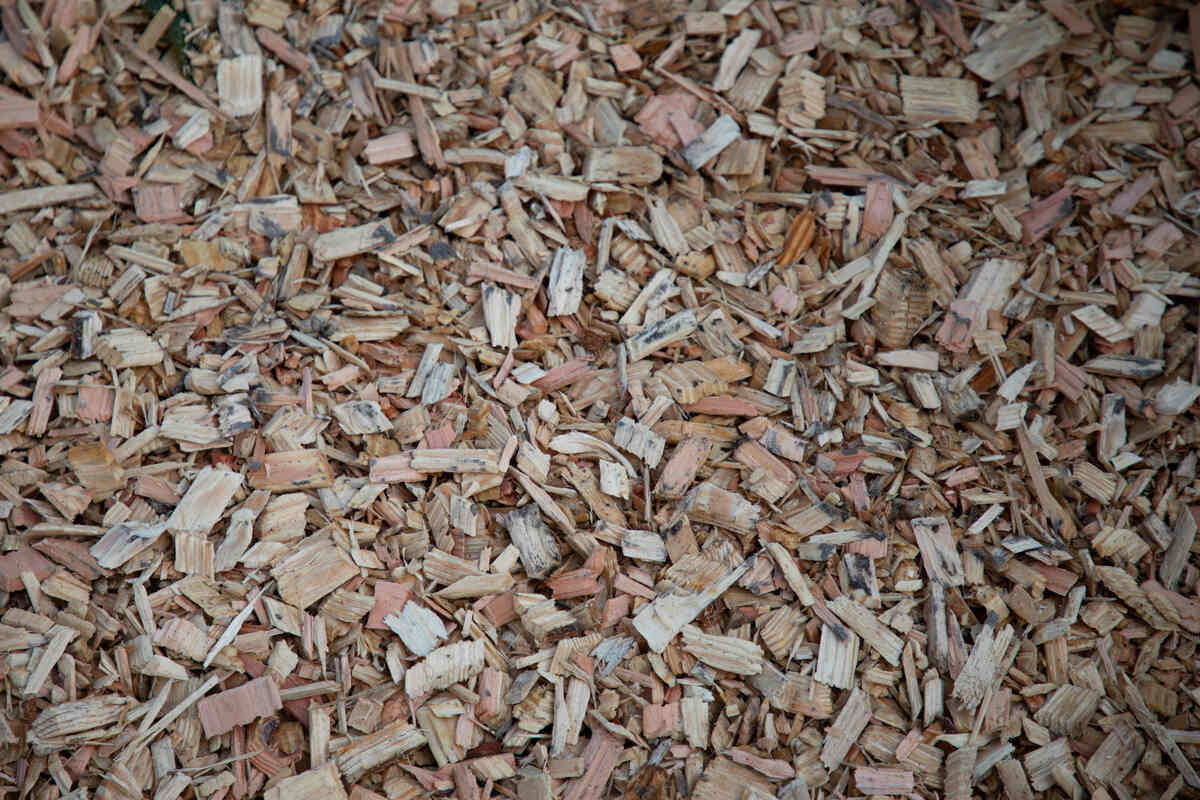
The best time to mulch your garden in North Carolina is late spring or early fall. These times of year will give you the maximum benefit from your mulch.
Mulch is highly beneficial for your lawn. It protects against weeds, adds nutrients (in the case of organic mulch), and helps retain moisture. But to truly get the most out of your mulch, it’s important to time applications right. Here’s more about the best timing for mulch in North Carolina:
Best Time to Mulch: Late Spring
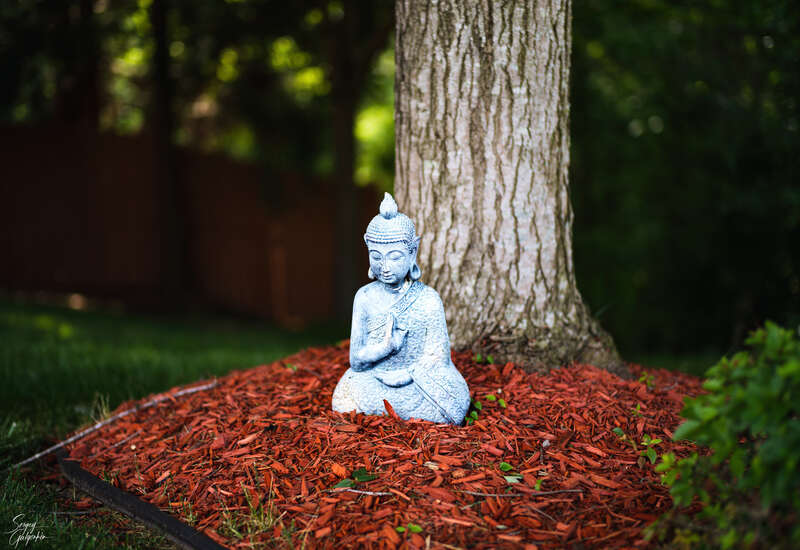
The main reason that late spring is the best time of year to apply mulch is temperature regulation. Mulch is an insulator and seals warm or cold temperatures in your soil. A late spring application gives your soil time to warm up after the cold winter.
Cold soil makes it harder for plants to grow, so let the ground warm up before mulching to greatly help your landscape. In North Carolina, late March is around the time your soil warms up enough for mulch.
In addition, spring is a period of high growth for many plants, and that unfortunately includes weeds. Landscapes are very prone to weeds in the spring and summer seasons, and if yours has no protection, you may find yourself overrun. Thankfully, mulch is an excellent defense against weeds.
Finally, mulch is great for soil enrichment (at least in the case of organic mulch). The extra nutrients your mulch provides will be important for plants’ spring and summer growth. Apply mulch in late spring to help your landscape plants grow and be healthy.
Second Best Time to Mulch: Early Fall

Applying mulch in fall helps insulate plants from the cold. Sealing in some of the fading summer heat will give your plants a better chance of staying healthy through the winter.
In North Carolina, the first frost date is typically between mid-October and early November, so lay your fall mulch down in early October.
Another benefit is moisture retention. Mulch helps your soil retain moisture and reduces the amount of additional water you have to give your landscape.
Finally, just like spring, a good reason to mulch in fall is additional nutrients. Nutrients are scarce in winter, and the ones your mulch provides as it decomposes will be very valuable.
Worst Time to Mulch: Winter
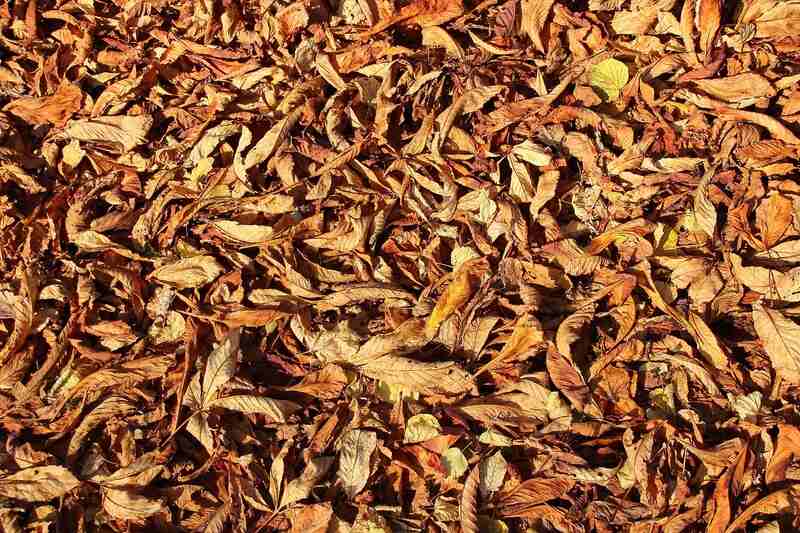
The worst time of year to apply mulch to your landscape is winter. You should also avoid mulching any time you’re expecting heavy rain or wind. If you mulch just before a heavy rainfall, excessive moisture can get sealed in and harm your plants.
The main reason why winter is the worst time to mulch is because of pests. Rodents, insects, and other pests are looking for a home during winter, and your fresh mulch provides a very good shelter.
Another reason is temperature regulation, just like spring and fall. Mulching in winter seals in the freezing cold, which makes it harder for your plants to grow and may lead to your soil heaving. Heaving is when your soil expands and cracks as a result of water in your soil freezing.
For more detail on mulching, check out these articles:
How to Mulch Around Trees (The Right Way)
Mulch Guide: Types, Pro Tips, and Where to Mulch
How to Improve Your Lawn With Mulch
More Lawn Care and Landscaping Resources for North Carolina
Mulch is just one aspect of keeping a healthy lawn and landscape. Check out our other articles for more tips:
Summer Lawn Care Tips for North Carolina
When (and How) to Fertilize Your North Carolina Lawn
14 Best North Carolina Native Plants
Best Grass Seed for North Carolina
Common Weeds in North Carolina
FAQ About Mulch
Do I have to use mulch?
No, but mulch is very beneficial. It’s a great solution if you find yourself having trouble with soil overheating, weeds, or dehydration.
How is mulch different from compost?
Compost is essentially fertilizer. It’s decomposed organic material applied to soil in the short term to add nutrients. In comparison, mulch is either inorganic or organic material that has not decomposed, and is left on your soil long-term to protect it from the elements and weeds.
Find a Lawn Expert Now
Mulching at the right time carries several benefits for your landscape. Time your mulch applications right to maximize their effectiveness.
If you’re looking for help, contact landscaping pros near you. They can take care of mulching or mowing your yard whether you live in Charlotte, Raleigh, or Greensboro.
Main Image Credit: OceanProd / Adobe Stock Free / License
